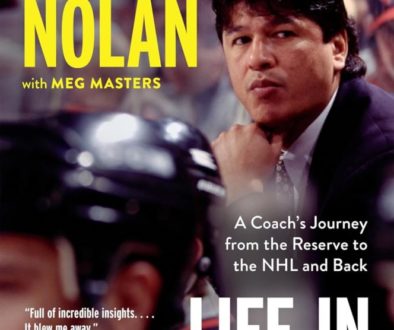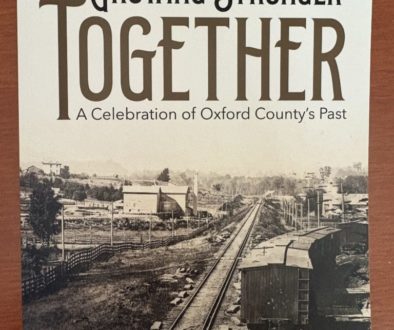Readers and Writers: Try It All But Stick to Your Faves

I hate coffee. In my first year of university I sat in the cafeteria with a bunch of friends who were convinced I could learn to like it if only they fixed it the right way for me. They brought me black coffee, weak coffee, strong coffee, sugared coffee, coffee with cream, coffee with milk–you get the picture! I didn’t like any of it and the cafeteria staff didn’t like all the extra dishes they had to wash because of our testing.
Instead I’ve pretty much spent my life drinking weak tea a couple of times a month,–to be sociable, don’t you know?–lots of water, and way more Diet Coke than I ever should have. Still, I like tea a lot more than coffee.
What can coffee drinking possibly have to do with writing? Well, here’s the thing. All my life I’ve played with different writing forms. I’ve written narrative poetry and sonnets, short stories and novellas, descriptive paragraphs and song lyrics. I’ve even tried my hand at plays although I never got beyond the second page. Of course, love poems were a rite of passage for any girl in her teen years back in my day and probably still are although I’m a little old to speak for teenagers!
The point is, never did I contemplate writing a novel. I didn’t even know that idea was lurking in my overcrowded brain until my son asked if there was anything I wished I’d done so far in my life. “Write a novel,” I blurted, and the rest as they say is herstory.
A week later I started down my novel writing journey and haven’t actually looked back for ten years. In the beginning many new writers alongside me were writing short stories and forming critique groups to improve their work, all of them sure these were the right steps. I tried to follow along and have about fifteen pieces in my filing cabinet that were great fun to write but which didn’t begin to thrill me. I sent a few out into oblivion.
And that’s what it seemed like. Short stories just weren’t my thing. You see, I left my heart out of that writing and just as a soulless person is dull and lifeless so also were my stories. At the same time I reveled in researching my historical subject and writing my three pages a day for a year until I finally finished my first draft. I loved it. I thought it was great but my saner self knew about that little thing called revision. I did that for another four or five years.
How could I keep at that first book for the six years it took to bring it to publication?
Finally I had unearthed the thing that touched my joy spot deep inside. Writing those words about my character babies and their part in creating the country I live in today just seemed real. And worthwhile. Important, even. I learned so much that my conversation became peppered with exciting facts I’d dug up about our history as a country but also my own family history. Finding references to my great great great grandparents and using some of that in my novels has been a thrilling and enlightening experience not only for my readers (so they tell me) but also for me.
Were those early writing attempts of any use? Absolutely. I learned so much about cadence and word choice, rhythm and the lilt of my sentences, showing not telling, allowing my reader to fill in the blanks, and above all about listening to my varied characters for their individual truths. Were they like real people? Or were they flat?
Yesterday I was working with someone who is going to do a media sheet for me and my books. She left our Skype conversation for five minutes with instructions for me to write her some ideas about what I might talk about when interviewed. When she came back I’d written a couple of lovely (if I do say so myself!) paragraphs. I wasn’t exactly sure if she could use the points but she did! Every one of them. (I’ll be putting that sheet up on my website when we’re finished.)
I had to swallow my nervousness about being put on the spot like that and just write. And I could! All of those courses and conferences and critiques and rewrites made their mark.
Reading informs so much of our writing. As I get longer in the tooth (well, actually my dentist has shortened my front teeth, much to my dismay!) I’m more choosy about what books I keep reading through to the end. I now give a book about 50 pages and if it hasn’t hooked me by then, I toss it. Life is too short to read stuff that bores or confuses me. (My latest bugaboo is starting a new book and all the characters have similar sounding names: Ellen, Eleanor, Eileen, for example. I can’t keep them straight. Note to self: Name your characters with different sounding names: Ellen, Charmaine, Sue.)
Sticking to genres that I enjoy works for me, too. I have a good writer friend who writes horror/sci-fi/mystery mashup books and his audience loves them. Bravo, John! I didn’t want to review them, though, as I’m not a lover of that stuff so wouldn’t be able to do his books justice. Give me a great Sharon Kay Penman or even Bernard Cornwell and I’ll read right through to the end in no time.
In both reading and writing, then, I hope you’ll consider sticking to books and stories that work well for you. Your soul will thank you for it!
The Loyalist’s Wife, The Loyalist’s Luck, The Loyalist Legacy
by Elaine Cougler
Available at Amazon.com and many other places.

Try it all but stick to your fav both in reading and writing.


